Gadgets And Software Of The Past
Table of Contents
I recently discussed a topic that came up through a conversation with an intern I was helping - they were not familiar with the floppy disk icon as the metaphor for “Save”, and thought that it was a box of some sorts. As in - a box in which you put in stuff to “save it”. The next logical thing was for me to sit down and put together a list of things that I will fondly remember in the world of tech, that are likely to not be missed by the next generation as technology becomes much more convenient and frictionless. And given that we just rolled into 2020, what better way is there to start the year than to look at previously famous and ever-present tools and tech.
I wish I wrote my Gear page (link no longer available) when I was 12 - that would’ve been a fun comparison to make!
Windows XP #
Some of my fondest memories were around Windows XP - the blue-green themed operating system that came built-in with some of the most exciting software an OS can be bundled with. Can you really forget Windows Media Player, the tour of Windows XP and FreeCell?
It took forever to install it on the computer that I had (I am pretty sure it was an AMD Duron 1GHz with 40GB hard drive). It only took around 2 minutes in Parallels on my MacBook.
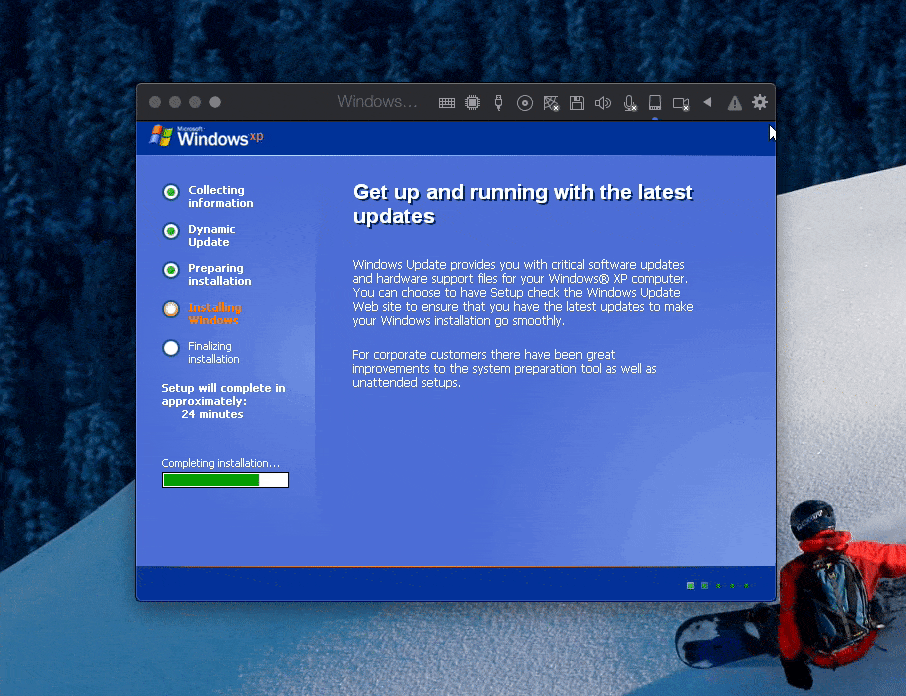
And how can you forget about the absolutely massive collection of potential user icons, and a much fancier login screen compared to any of its predecessors!
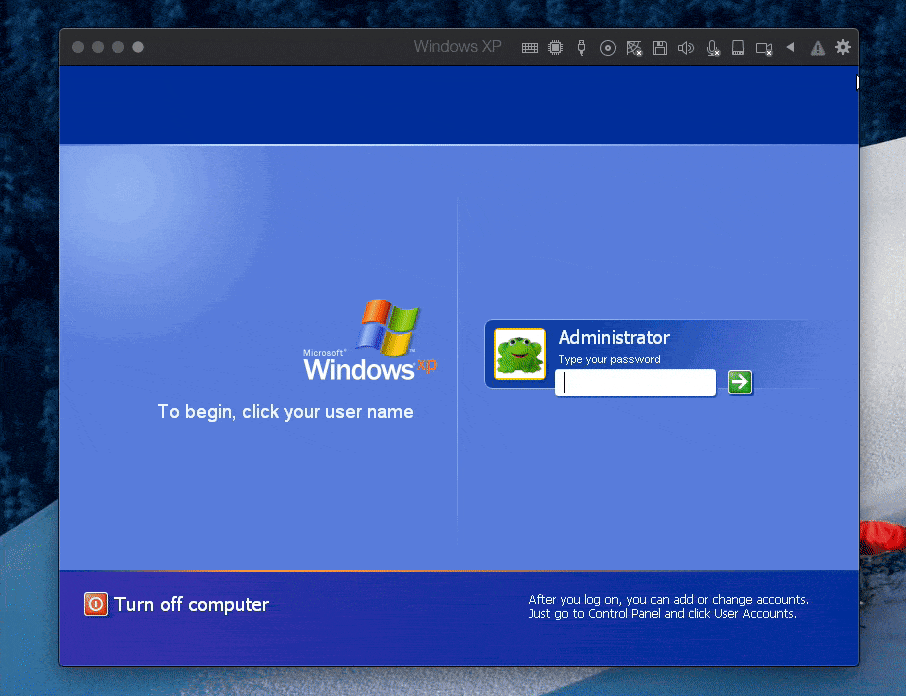
Side note, but I could not even capture the Windows XP loading screen because it loads so fast on modern machines. You win some, you lose some.
I also remember how exciting it was to fiddle with the Control Panel, when it all was made to look like a fancy web page. As a developer, I tried to emulate the same user interface in all the applications that I built, and it was close to impossible with the tooling we had for free at the time.
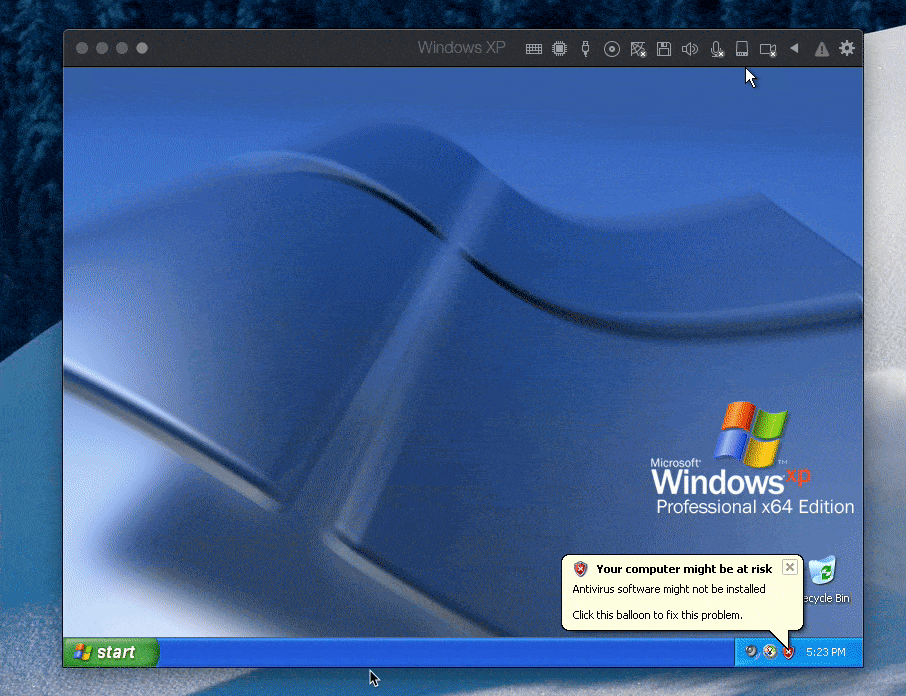
Windows/Live Messenger #
Way before Teams, Skype, Slack and Discord, Windows Messenger was all the rage, which was soon replaced by Windows Live Messenger (it itself was a successor to MSN Messenger).
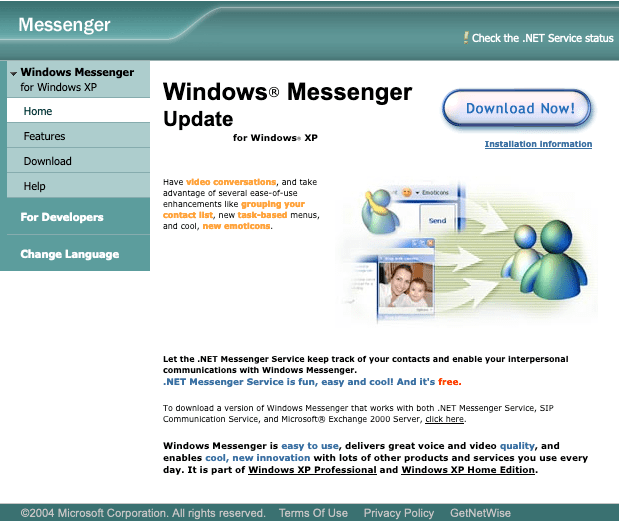
You had to have a Hotmail account to sign in (let’s be real - everyone had one), that was also referred to as the .NET Passport. I am pretty sure I used that account 90% for messaging and 10% for e-mail.
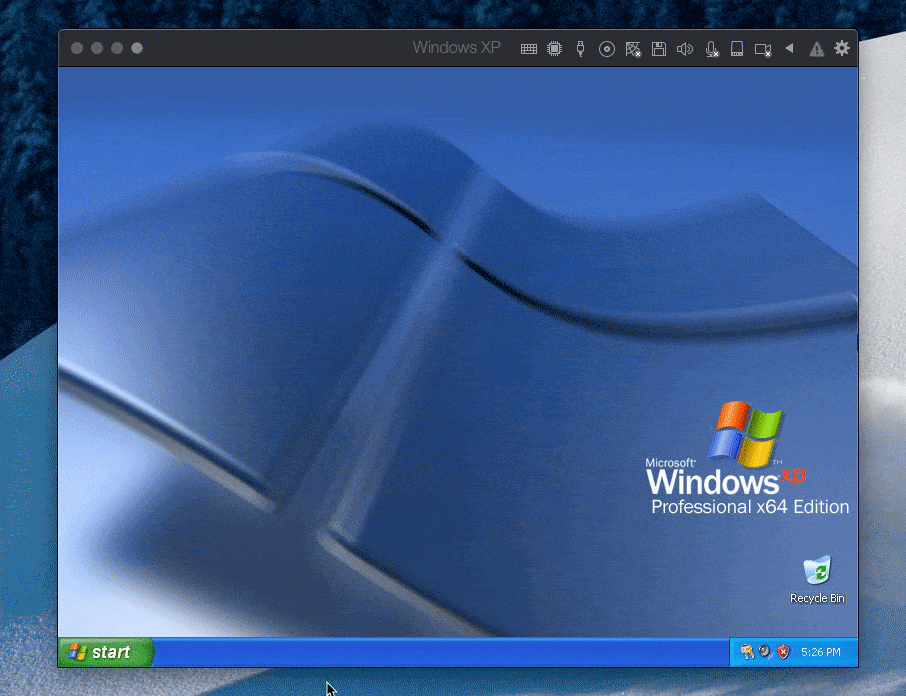
Also - pretty sure it was the first app that I saw that had the ability to send a nudge (shake the window when someone wants your attention).
Dial-up internet #
I don’t miss this specific phenomenon as much, given that high-speed internet became more ubiquitous (good luck downloading an Xbox game update over anything less than 24 Mbps) but it was fun back in the day to have a low end computer, call a number and then see Internet Explorer light up with msn.com as the start page. I didn’t even care much about the news, but being a witness to plenty of colorful banners was entertainment enough.
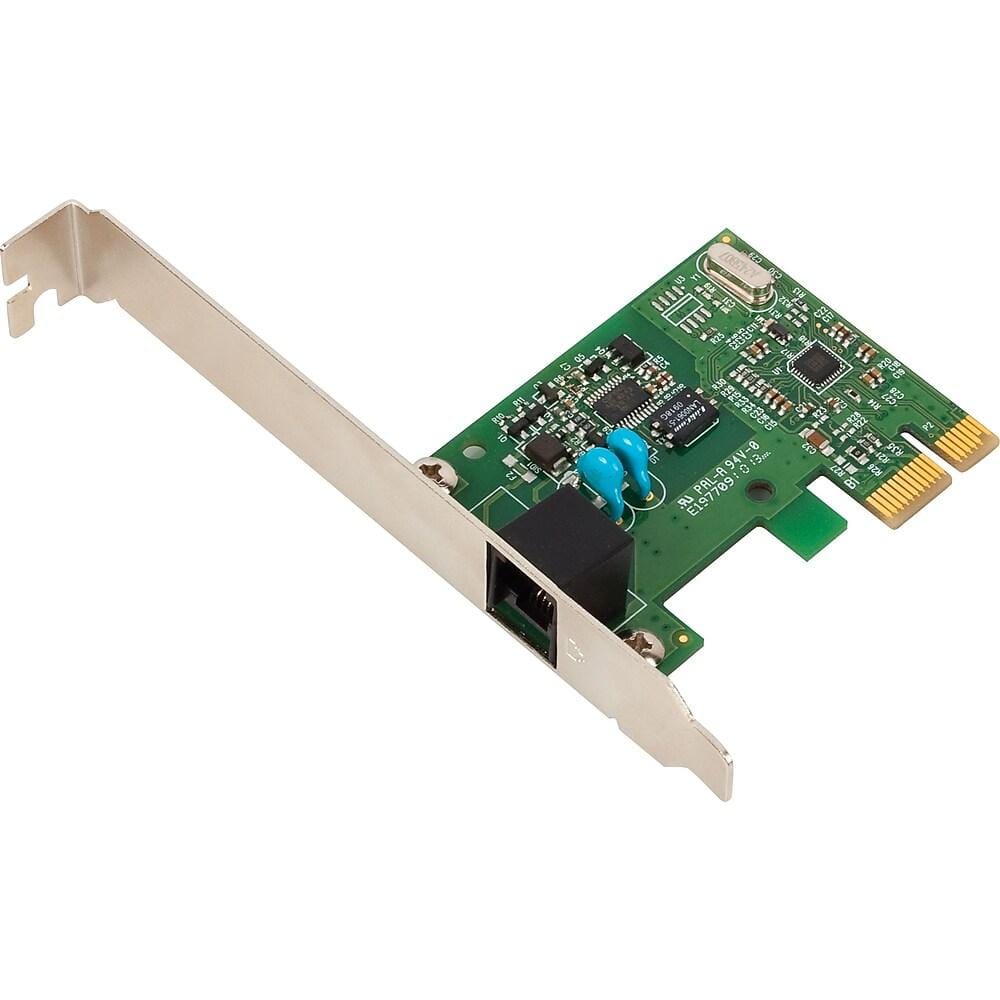
Sometimes the internal modem would “burn” due to improper telephone line wiring, and I had to disassemble the computer and replace the board with a new one - that was another fun discovery when you have a limited budget and a telephone line that is barely reliable to support an actual phone call.
Playing games over LAN #
I started appreciating how spoiled we are with Xbox Live and Steam, considering how many hours I’ve wasted debugging network issues within my childhood home, trying to get Age of Empires 2 to work over LAN, across two computers that were separate by a wall and 24 feet of CAT5.
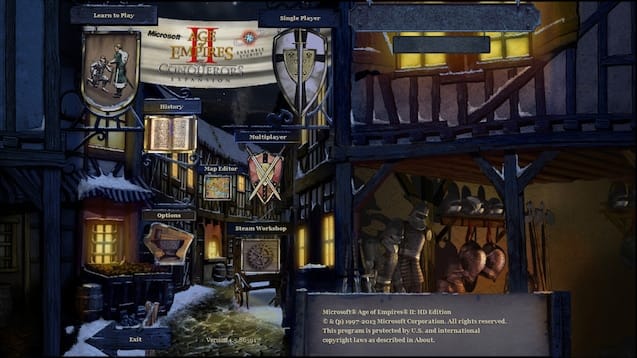
But those were also the times when you could spend non-stop 14 hours of playing the same real-time strategy game without making a lunch break, and still within the same session, building out your cities and the army.
Answering machines #
In a way, we still have those today (voicemail), but I recall how excited my family was when we got our first answering machine attached to a phone line. It was magic - record a message and have our friends hear it when we couldn’t answer the phone. Sometimes I would let the phone go to the answering machine intentionally, because it was so entertaining to hear other people leave a message that can be played over and over again.
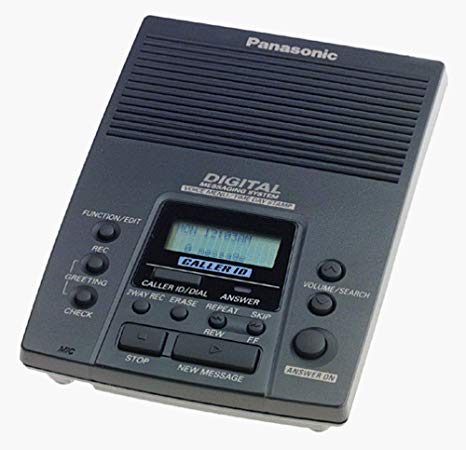
That enthusiasm was also coupled with the urge to check the messages when I came back from school - the blinking red light was a signal that something interesting might be available to listen to. Often times the recordings were a result of an unintended dial, or better - random people leaving messages once they found out they called the wrong number_)!
Brick radio phones #
We got one of these in our home in 2006 or so, and it was a lifesaver - no longer was I constrained to the table where the phone was placed, but I could roam around the house and still talk to my friends. Mind you, that was a bit before I was allowed to have my own cellphone, so having a radio phone that I could take to my room was liberating enough.
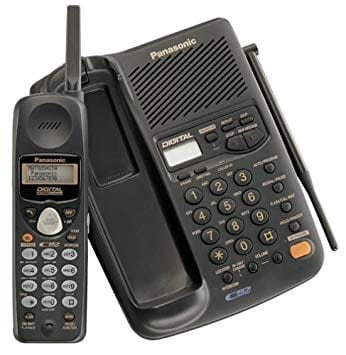
Thanks to my talking, we had to recharge it every 8 hours or so for a couple of weeks.
Floppy disks #
When MS-DOS was king, I had a lot of video games that would fit on (and even be split between) floppy disks. It was the de-facto storage method for unreliable backups - you were in hot water if you accidentally put a floppy disk next to anything magnetic. I even had a giant box that would organize floppy disks the same way one would organize business cards, that looked very similar to the one below.
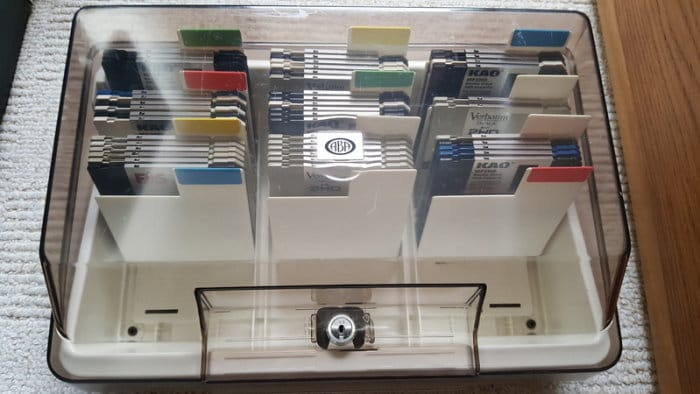
If one was adventurous enough, they could double the capacity of their disk with “The Notcher”. I never went that far.
Manually shutting down your PC #
It wasn’t enough for one to click on “Shut Down” in the Start menu - they needed to wait until the computer had to tell that it was OK to shut it down, and then the owner can press the button and turn the power off. I am not sure why it took so long to automate that process.
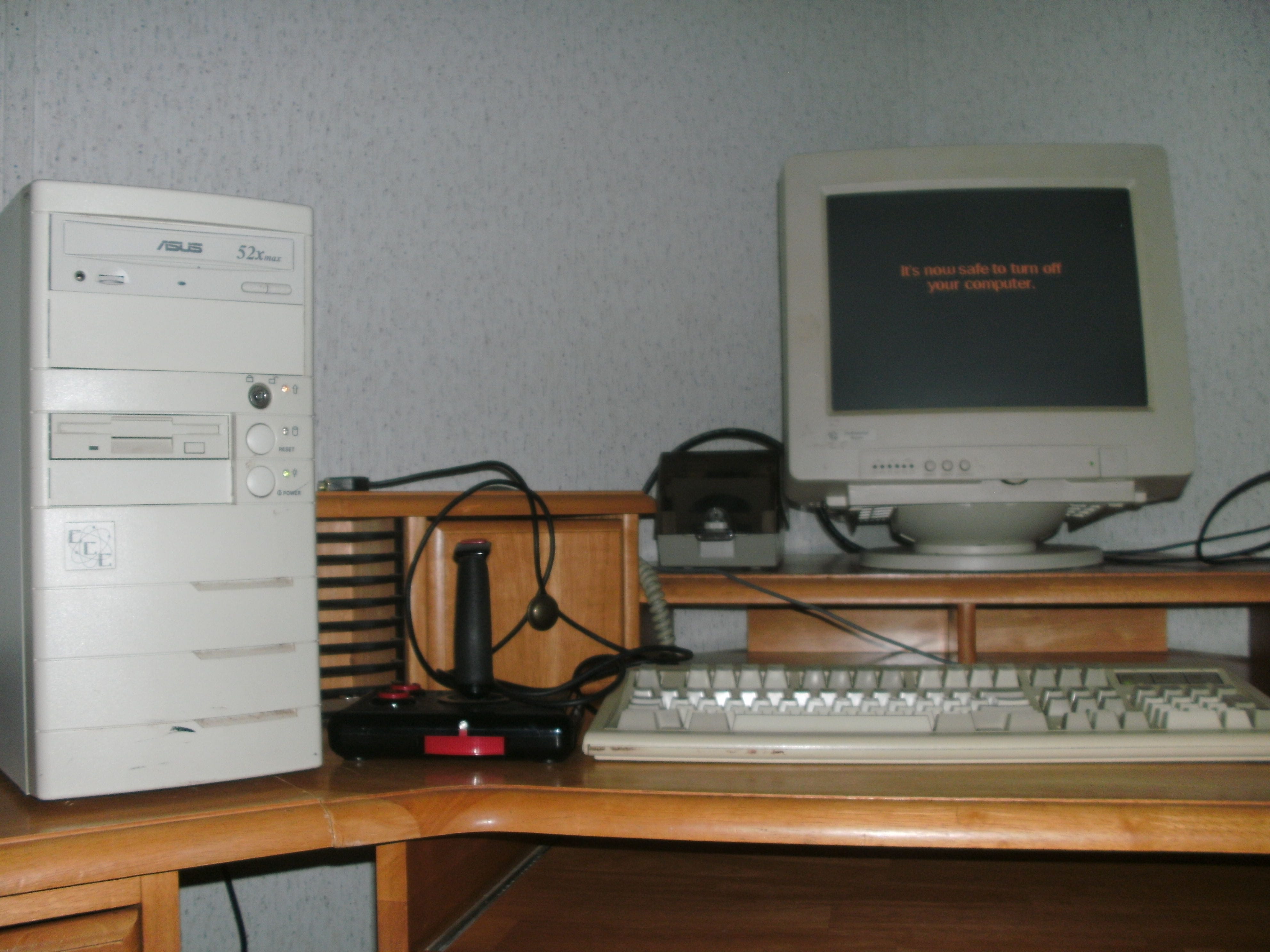
If you didn’t wait for the black screen with orange text, you might end up with a corrupt master boot record on the next restart, so that instilled enough fear in me to not rush it.
Wired everything #
Seriously, growing up I don’t remember any computer peripherals being wireless (and even if they existed, they were insanely expensive and out-of-reach). Just having an optical mouse that didn’t require cleaning the little ball inside was a relief, so it was hard to imagine technology going further. The back of my computer case was a jungle, and I had to connect every little thing - from the joystick to the printer.
Slow images scanners #
I am not sure how people back in the day scanned images and did not lose their mind. When my family got our first image scanner, it was a Mustek 1200CP. The one shown in the image below.
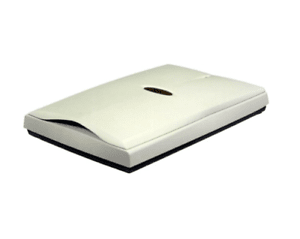
The scanner is so old that an image of higher resolution of said scanner simply does not exist on the web. It’s pre-historic technology. Even CNET in their review said “Nope, no pictures exist of this thing - the device might not have been invented to begin with.” Scanning a photo took anywhere from 5 to 10 minutes, and you had to install specialized software on your Windows PC, that was only compatible with Windows XP Service Pack 2 and not 3. All that pain for 600 dpi.
Color screen cellphones with keyboards #
Before the iPhone, there was the colored screen phone (not sure I’d call that a smartphone). The first one I had was a giant brick - the Motorola A385, that had a front and back-facing cameras, having a whopping 0.3 megapixel image resolution. Internet over the cellphone network was ultra-expensive so I had to turn off almost every kind of interactive feature. It did have a JRE variant running on it, so I could download and install games through USB. And it wasn’t the kind of “run anywhere Java” that one would expect - there was a level of compatibility that varied between phones, so what my friends would get on a Nokia was not possible to run on a Motorola. After tens of frustrating hours of trying to push .jar files on the device, I ended up with a collection of maybe ten games that actually worked.
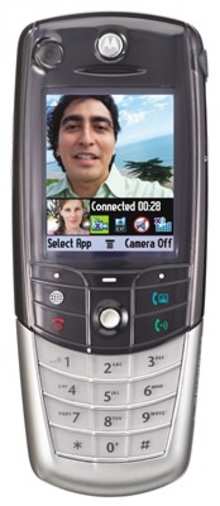
And of course, whoever had the Nokia N-Gage was the most popular kid in middle school! Just look at that - the device that was THE gaming platform before PlayStation Portable and Nintendo Switch.
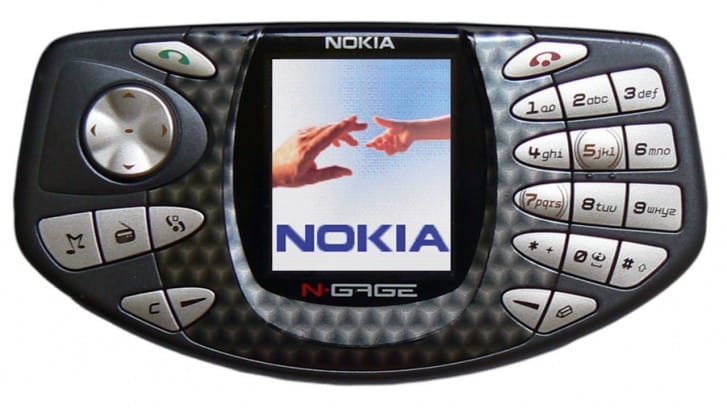
Dot matrix printers #
Printing a school report sometimes could take a good hour, and using the roll of paper instead of standard A4 sheets. The EPSON I had also had very finicky drivers that sometimes needed to be re-installed even thought I put them on the machine just the day before.
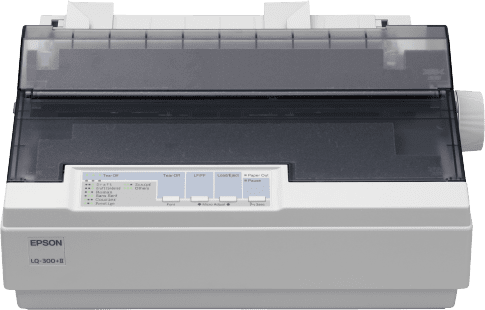
ICQ #
Another messenger that was quite popular at the start of 2000s was ICQ (after 2005 it went way downhill and all our friends stopped using it). The barometer of “cool-ness” was the shortness of the ICQ number one had. The shorter - the better. If I recall correctly, mine was around 7 digits.
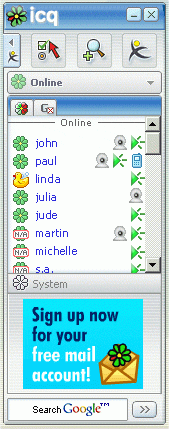
ICQ had a distinct message sound that is somewhat iconic for that time (captured in a YouTube video).
MSN Groups #
Fan of the newest Harry Potter? Looking for other people collecting coins? Then look no further than MSN Groups. That probably resonated with me and my wife way more than any forums. By sheer volume of people, that’s the place where you were more likely to find people that shared the same interests as you.
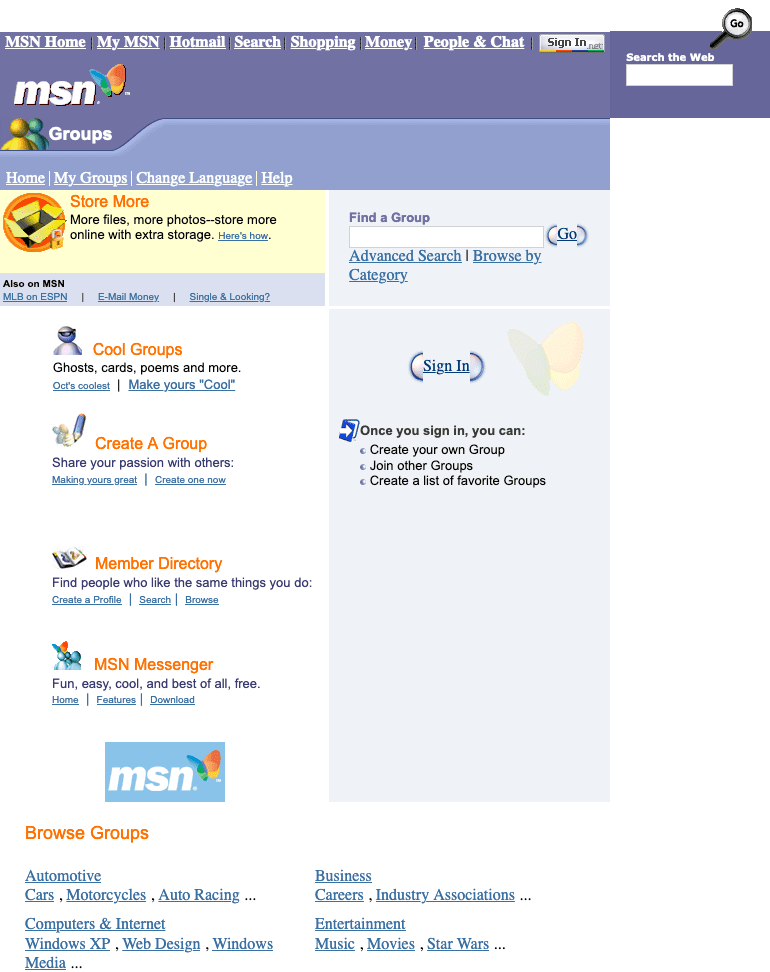
Also, whatever Cool Groups were - you wanted to be in them.
Slow and interrupting downloads #
We’re truly fortunate to have the modern internet speeds and smart download capabilities in our web browser, where even if a connection drops, you can still finish your download at a later date. With Internet Explorer 6 and before, you had to wait through a painful download process, and if the connection has a hiccup during the 2MB PDF download you were making, then you better have another half-hour ready to re-start the download from scratch, and cross your fingers it completes on the second go.
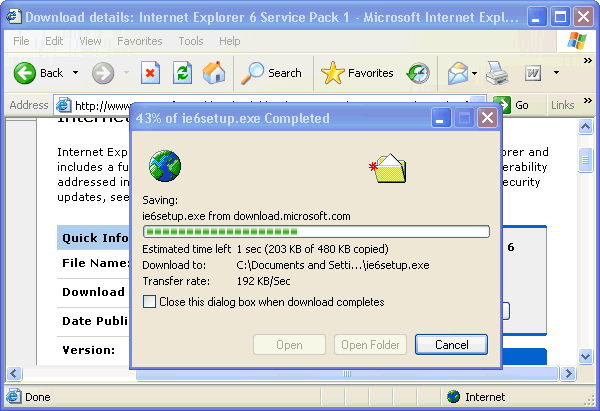
There were ways to mitigate the pain and use a tool like ReGet to manage the downloads and resume them if things go sideways, but that was also a gamble as sometimes servers from which you were downloading the content did not support download resuming.
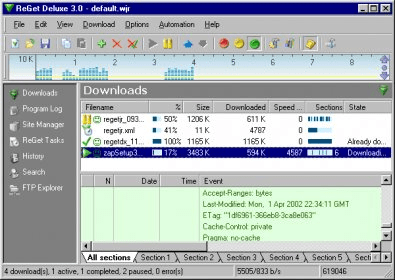
CD players #
I never had an MP3 player before the Zune. All the way until that day, I always carried around a CD player. Remember the days when people used to buy CDs from the local store? Fun times.
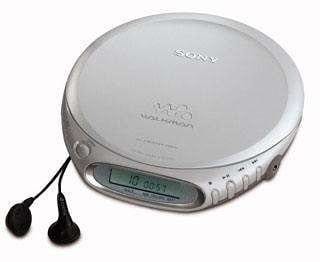
I had a stack of CDs filled to the brim with MP3s. Every time I wanted to re-arrange a playlist or replace a song, I had to write a new CD. Very inconvenient, but it was all worth it in the name of music!
Burning CDs with a strategy #
Say you wanted to share some photos, or a video you recorded with friends. It wasn’t as simple as throwing it all in the cloud or even a flash drive (the 128MB one I first had in the XP era was VERY expensive).
First, you had to have had the luxury of owning one of those CD-RW drives. Then, you would strategically pick CD brands that recorded well - SONY was good, Memorex not so much. Then, you’d need to have software to burn content to the CD. Granted, Windows allowed you to do that out-of-the-box, but it was risky. You had to download specialized software, like Nero Burning ROM, and sift through hundreds of settings to set up the writing process just like the chef would want it to be.
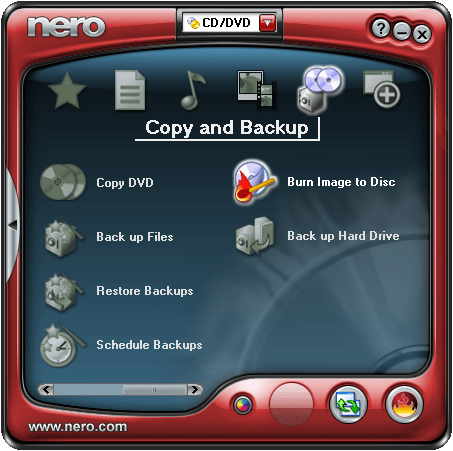
You’d need to specify the proper writing type, so that other drives can read it, and let it write at the lowest speed possible.
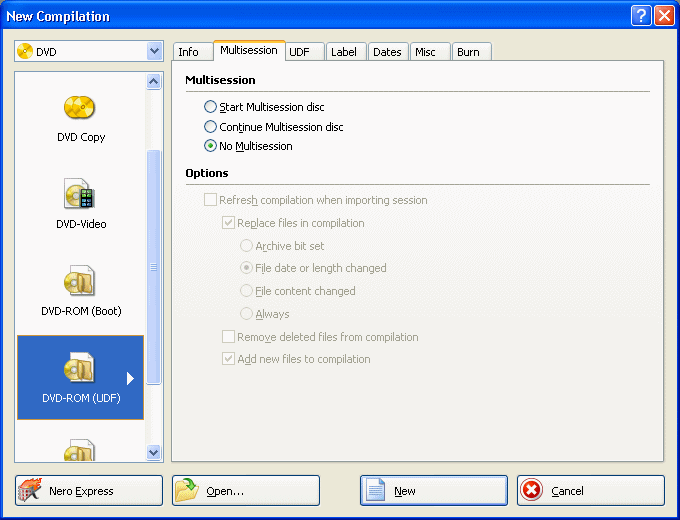
And if you accidentally shook the computer while the writing was in process, or unintentionally kicked the tower under your desk, you might as well cancel the write and start from zero. The CD in the drive is now a coaster.
Paying to play games at internet cafes #
Back in middle school, we used to go and pay about 50 cents an hour to sit at an internet cafe and play MMORPGs and Counter-Strike. Seems silly nowadays, with computers at home and games being ever-so-accessible through consoles and online stores, but back then we had none of those options and buying video games was still expensive - instead of doing that, students would spend after-school hours playing random Flash games and World of Warcraft lookalikes in a dark room filled with 30 desktop computers with thick CRT monitors.
They all had cheesy names like M@trix or G@mePalace. Everything was about the @ in the name, and little to do with it when you start using those computers - people would almost never read email or read news, it was always games.